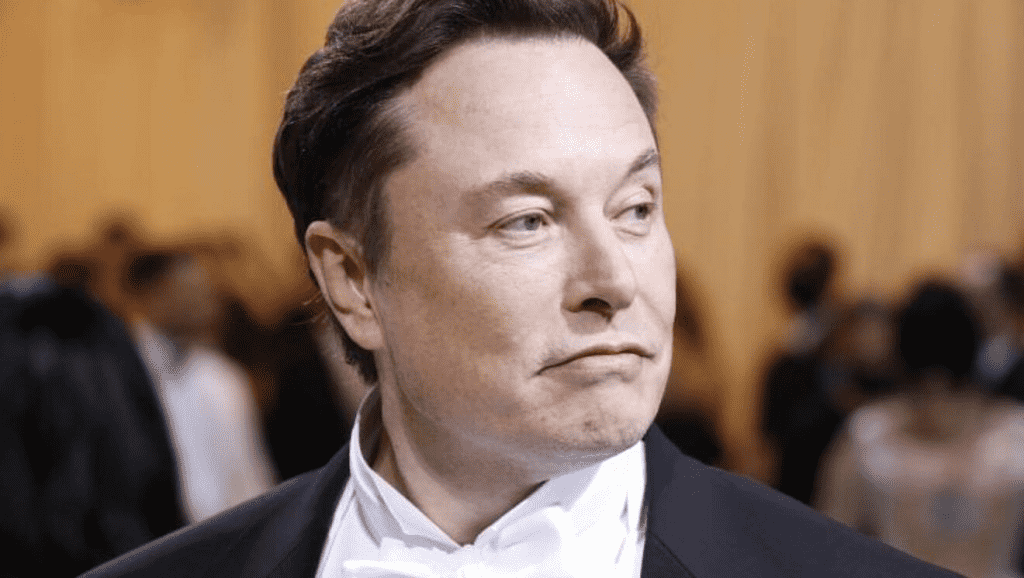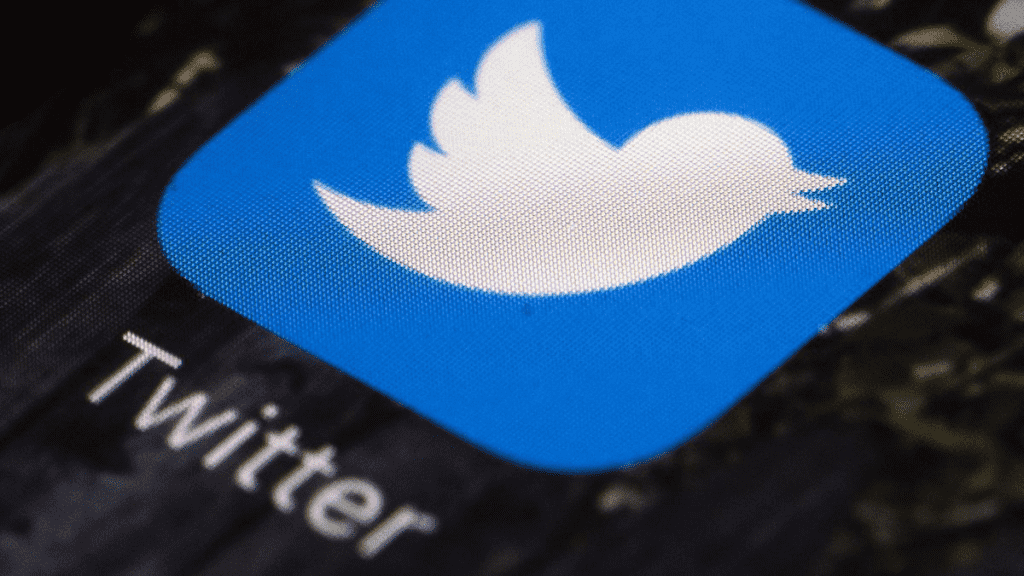Elon Musk could be looking to withdraw from his $44 billion deal to buy Twitter, claiming that the firm has refused to share information regarding its spam bot accounts.
In a letter to Twitter published in a filing with the Securities and Exchange Commission, lawyers for the Tesla CEO made the warning.
According to the letter, Musk has been requesting the information since May 9, a month after making his offer to purchase the firm, to determine how many of the company’s 229 million accounts are spam.

According to the attorneys, Twitter has merely promised to share details regarding the company’s testing techniques. However, they argue that this is “tantamount to refusing Mr Musk’s data requests.” Musk needs data so he may independently verify Twitter’s allegedly lax procedures.
According to the attorneys, Musk feels Twitter is delaying and undermining his information rights under the April merger deal based on recent correspondence.
“This is a clear material breach of Twitter’s obligations under the merger agreement, and Mr Musk reserves all rights resulting therefrom, including his right not to consummate the transaction and his right to terminate the merger agreement,” the letter says.
According to Brian Quinn, a law professor at Boston College, Musk’s recent move demonstrates that he is “looking for a way out of the agreement or anything that will get leverage for a renegotiation of the price.” However, Quinn believes it is unlikely to hold up in court because he has already relinquished his right to request more due diligence.
“I doubt he would be allowed to walk away,” Quinn said. “At some point, the board of Twitter will tire of this and file a suit”, asking a judge to force Musk to stick to the deal.
According to Twitter CEO Parag Agrawal, the company has consistently assessed that just about 5% of Twitter accounts are fake. For years, Twitter has published its bot estimates to the SEC.

The bot issue also reflects a long-standing obsession with Musk, one of Twitter’s most active celebrity users, whose picture and identity are frequently imitated by bogus accounts advertising cryptocurrency schemes. Musk appears to believe that bots are an issue for most other Twitter users and marketers who buy Twitter advertisements based on the number of genuine people they anticipate reaching.
Experts have said Musk couldn’t unilaterally place the deal on hold, although that hasn’t stopped him from acting as though he can. He could be on the hook for a $1 billion breakup fee if he walks away.

The Twitter sale agreement allows Musk to get out of the deal if the company causes a “material adverse effect”. It defines that as a change that negatively affects Twitter’s business or financial conditions.
The letter signed by Musk attorney Mike Ringler points to a spat over a June 1 letter from Twitter in which the company said its information obligations are limited to facilitating the closing of the sale.
According to the letter, Twitter must also comply with Musk’s efforts to secure funding for the purchase, including providing “reasonably requested” information by Musk.
Musk is not compelled to explain his request for data or adhere to “new conditions the company has attempted to impose on his contractual right to the requested data,” according to the letter. Instead, it claims that Musk is entitled to information regarding Twitter’s key business model to plan the transition to his ownership.
“If Twitter is confident in its publicized spam estimates, Mr Musk does not understand the company’s reluctance to allow Mr Musk to evaluate those estimates independently,” the letter says, adding that Musk will neither share nor keep the information.


